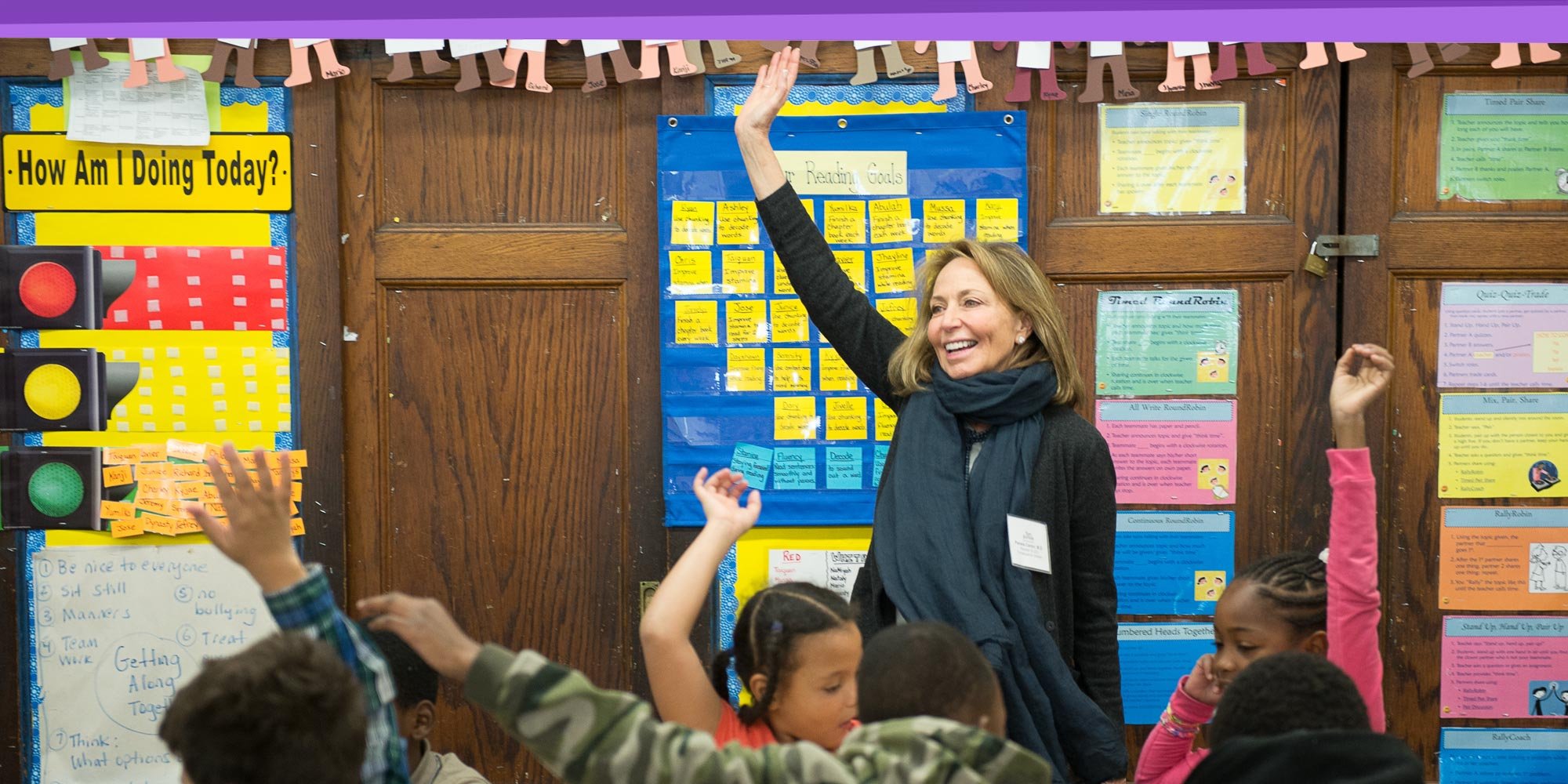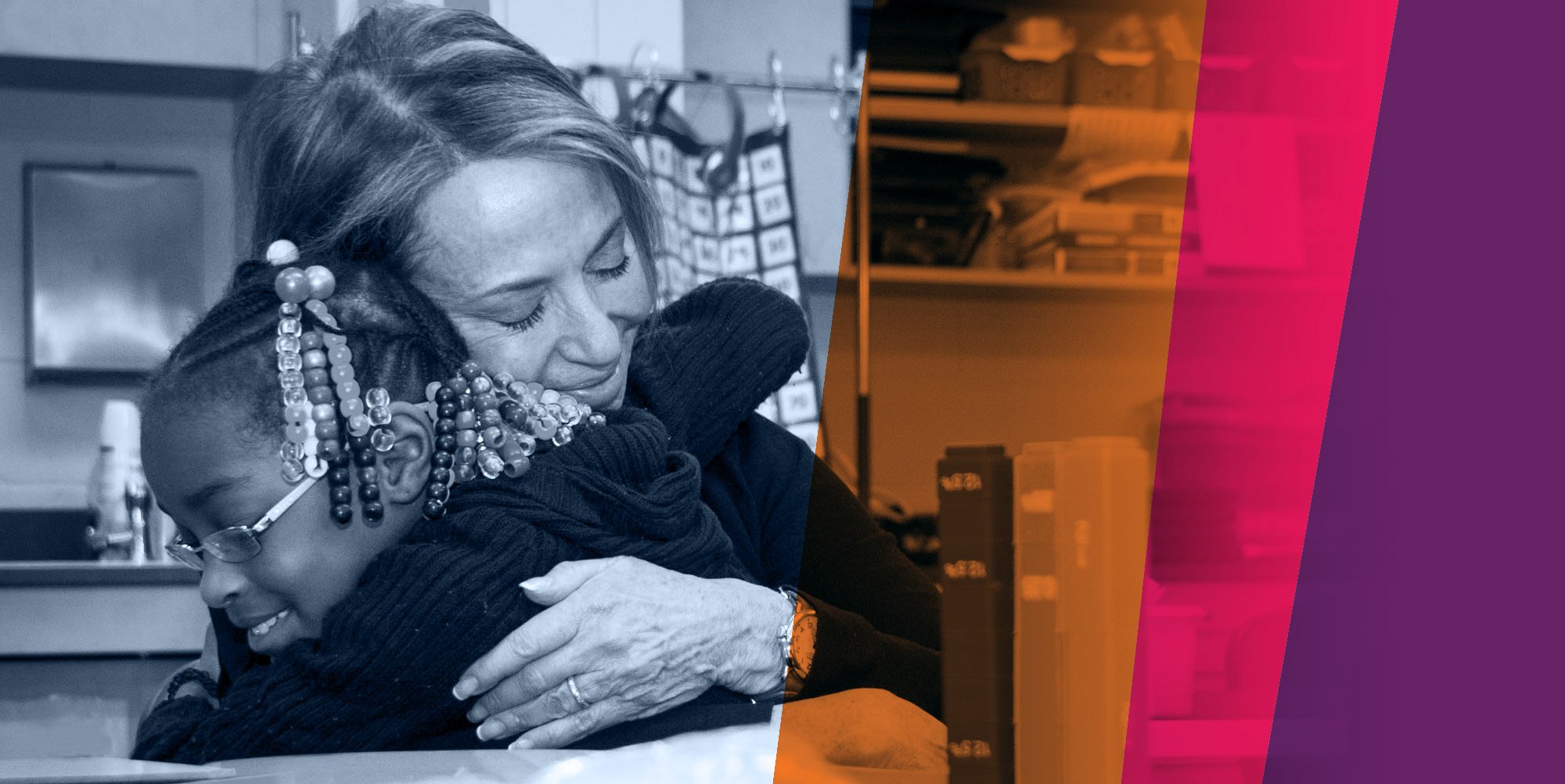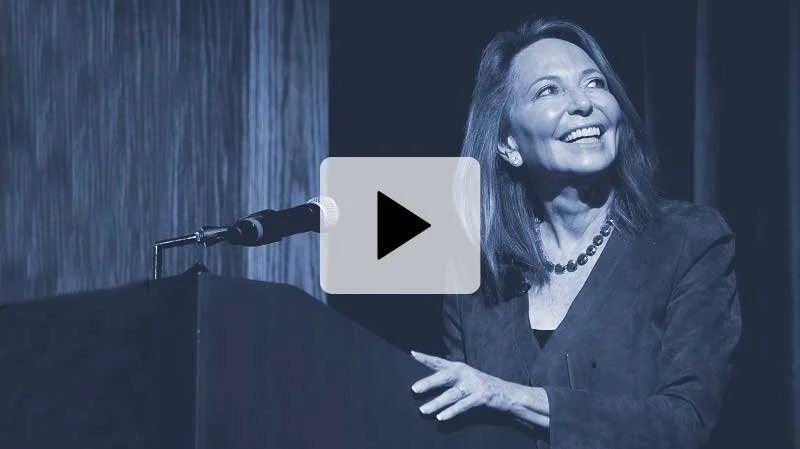
Trauma is
not destiny
My story
I am living proof that trauma does not determine who you can become.
I wasn’t destined to become a doctor. When I was a child, my uncle sexually abused me. That trauma made me feel shame, guilt, and anger. It stole my childhood and my belief in who I could be. I can’t undo what happened to me, but I did get help, and that changed everything.
I found a wonderful psychiatrist. He said I was “a pearl in an oyster”, not the dirty, ugly thing I thought I was. He is the reason I became a doctor. I wanted to help people the way he had helped me.
Today, I am a physician, author, social entrepreneur, public speaker, mother, and grandmother. I am passionate about understanding how human beings become who they become. I study how we develop, learn, and reach our potential, and how each of us can help others reach theirs.
I started learning about these things at Cornell University Medical School. I was taught how hearts, lungs, and kidneys work, but also how humans love, attach, nurture, and heal after things go wrong. Most importantly, I learned that human brains, bodies, and abilities are malleable to experience. Brain growth happens mostly after we are born. So there are multiple opportunities to catch up as we develop and learn.
I put this knowledge to work as a child psychiatrist specializing in trauma. I saw children overcome the most extraordinary obstacles and unfairnesses and discover their resilience. Then, after the 9/11 attacks, I helped lead a study assessing trauma among New York City’s schoolchildren. The greatest levels of trauma, we found, were not in schools near Ground Zero but in neighborhoods of deepest poverty.
When I visited the schools, I could see that educators had not been equipped with what I had learned at med school about trauma and the brain. They struggled to help kids under stress. This is why I founded Turnaround for Children in 2002—to translate science into tools and services for schools to become places where all children can thrive.
I wanted to prove that trauma is not destiny. I still do.
human potential
I will never forget the day in medical school when I learned this: human beings are born with 20,000 genes but over our lifetimes only 10% get expressed.
What determines what gets expressed? It’s context: the environments, relationships, and experiences of our lives. Who we become depends on the conversation between our genes— nature, and how we grow up—nurture. And no one develops along the exact same path.
Variation is the norm, not the exception. Experiences shape who we become and we can shape the experiences people have.
It makes me crazy when people talk about relationships as the “soft stuff”. Brains are electrical structures and their primary energy source is human connection. Relationships filled with trust release a hormone called oxytocin that produces feelings of trust, love, safety, and belonging.
This helpful hormone ignites the dopamine pathway, the neurotransmitter that fuels curiosity and exploration. And that is not all. Oxytocin can literally protect children, at the cellular level, from the damaging effects of stress.
This is why the effects of trauma are reversible.

Let’s get
started
We can overcome enormous stress and huge obstacles to thriving. Symptoms of stress, anxiety, trauma, or depression can disrupt our lives but they don’t determine them. We can move from illness to wellness. And it starts with relationships. Relationships filled with trust are the antidote to stress.
We can all be that person who helps someone beat the odds. Behind every story of unlikely success is a person who fueled, pushed, and supported their triumph over adversity. Just like my doctor did for me.
Resources
- I am worried my child will become anxious and depressed.
- My teenager is really struggling. What is going on?
- The Nation’s Report Card says kids are way behind in math and reading. Can they catch up?
- How can I get all my students to be engaged, productive learners?
- What does teaching to the whole child look like?
- What are the skills and mindsets all successful learners have?

Collaborators
I work with and learn from educators, scientists, researchers, policymakers, academics, technologists, community leaders, conveners, Gen Zers, philanthropists, and more.
The goal? Discovering, pursuing, and reaching potential.

What’s next?

Learn more
The Science of Learning and Development
Enhancing the Lives of All Young People
Turnaround for Children's Building Blocks for Learning
A Framework for Comprehensive Student Development
Edutopia
U.S. Department of Education
Redirecting Grief to Growth |
A Trusted Space
Film on PBS LearningMatters
How A.I. Chatbots Could Solve The Two Sigma Problem
Psychology Today
How to Gain “Magic Muscles" After Pandemic Learning Loss
Psychology Today
All Children Thriving: A New Purpose for Education
AFT American Educator
Psychology Today
Helping Your Child Through Crises
Notes from the Backpack
Using Science to Imagine a New Purpose and Design for Education
The Future of Smart
Parents Are Almost as Depressed and Anxious as Teens
Time Magazine
AwareNow 3/8/2023
Parents Worry Their Kids Might Struggle with Anxiety and Depression
NPR Morning Edition 2/3/2023
Learning Loss: Learn What We Can Do About It
NBC News TODAY Parents 12/16/2022




























